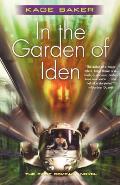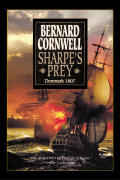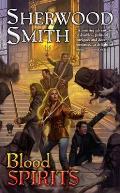Jane Lindskold has been writing full-time since 1994. She is the New York Times bestselling, award-winning author of over twenty-five novels, including the acclaimed Firekeeper Saga, Changer, and the sword and sorcery classic When the Gods Are Silent. Her most recently released novel is Asphodel. She has also had published over seventy short stories.
Welcome, Jane!
Editor Deborah J. Ross interviewed me about writing, my story in the forthcoming issue of Sword and Sorceress and other things. In it, I touch on how negative influences have had a strong impact on my writing. Here’s an example.
Last week, I took a week off writing to immerse myself in various aspects of the Firekeeper universe before moving into the next part of the story. One of the complications about writing the seventh novel in a series is how easily it is to gloss over small details. Add to this that I haven’t written a Firekeeper novel in over a decade and the complexity grows.
By coincidence, my pleasure reading included a series I am enjoying very
much – especially for the evolving relationships of the central suite of characters. I’m not going to go into details, but something I read made me think about an often neglected element of continuity – emotional continuity.
When something traumatic happens to a character, something that is key to a great deal of the action of that particular book, and then in the next book, something similar (but not identical) happens, I expect the characters to comment, to remember. When they don’t, my sense that the characters are “real” suffers.
I’m not saying that the author must provide a full recap of past events, not at all. However, real people remember what happened to them and those memories influence how they act in the future. Indeed, one could argue that our core self consists of an accumulated suite of experiences. Whenever something new happens, we seek to understand it by relating it to what we have experienced before. When something recurs, the most common reaction is “Here we go again!” Even new experiences are often understood by how they relate to past ones: “I’ve had milk chocolate with fruit and nuts, but never with chile pepper flakes!”


